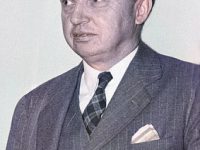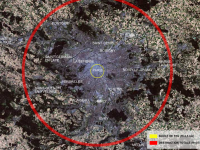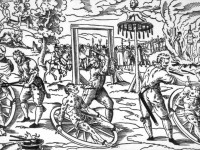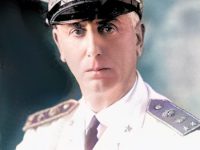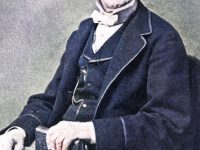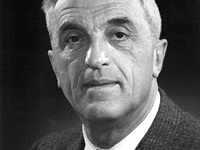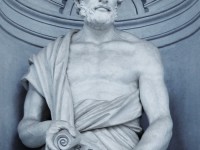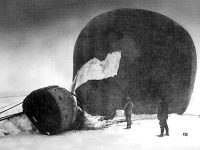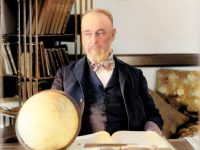Harlow Shapley and the Size of the Milky Way
On November 2, 1885, American astronomer Harlow Shapley was born. Shapley is best know for having correctly estimated the size of the Milky Way Galaxy and the sun’s position within it. Harlow Shapley – Early Years Harlow Shapley was born in Nashville, Missouri and dropped out of school after fifth grade. However, later on he managed to return to school and complete a six-year high school program in only two years. At…
Read more

